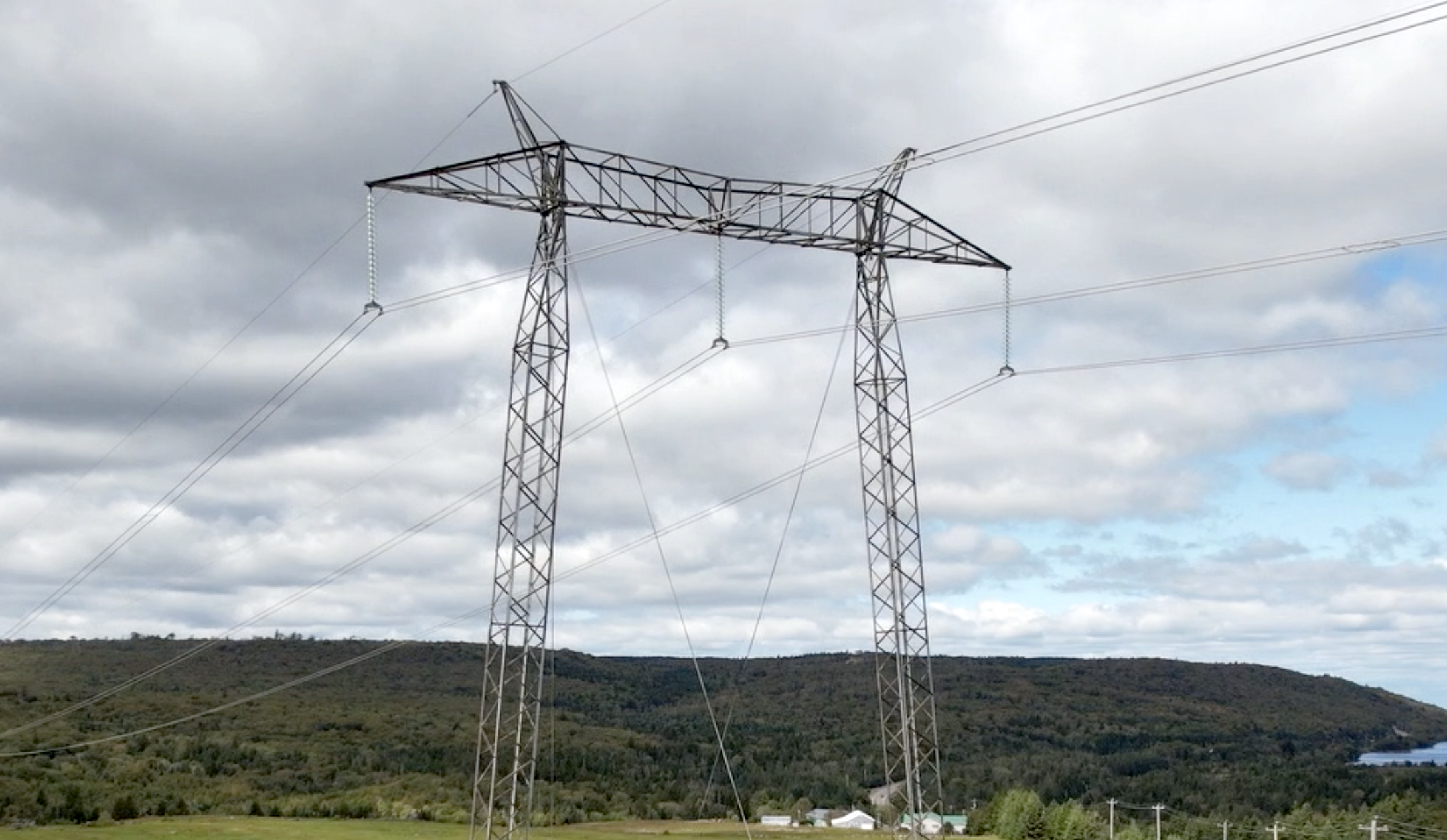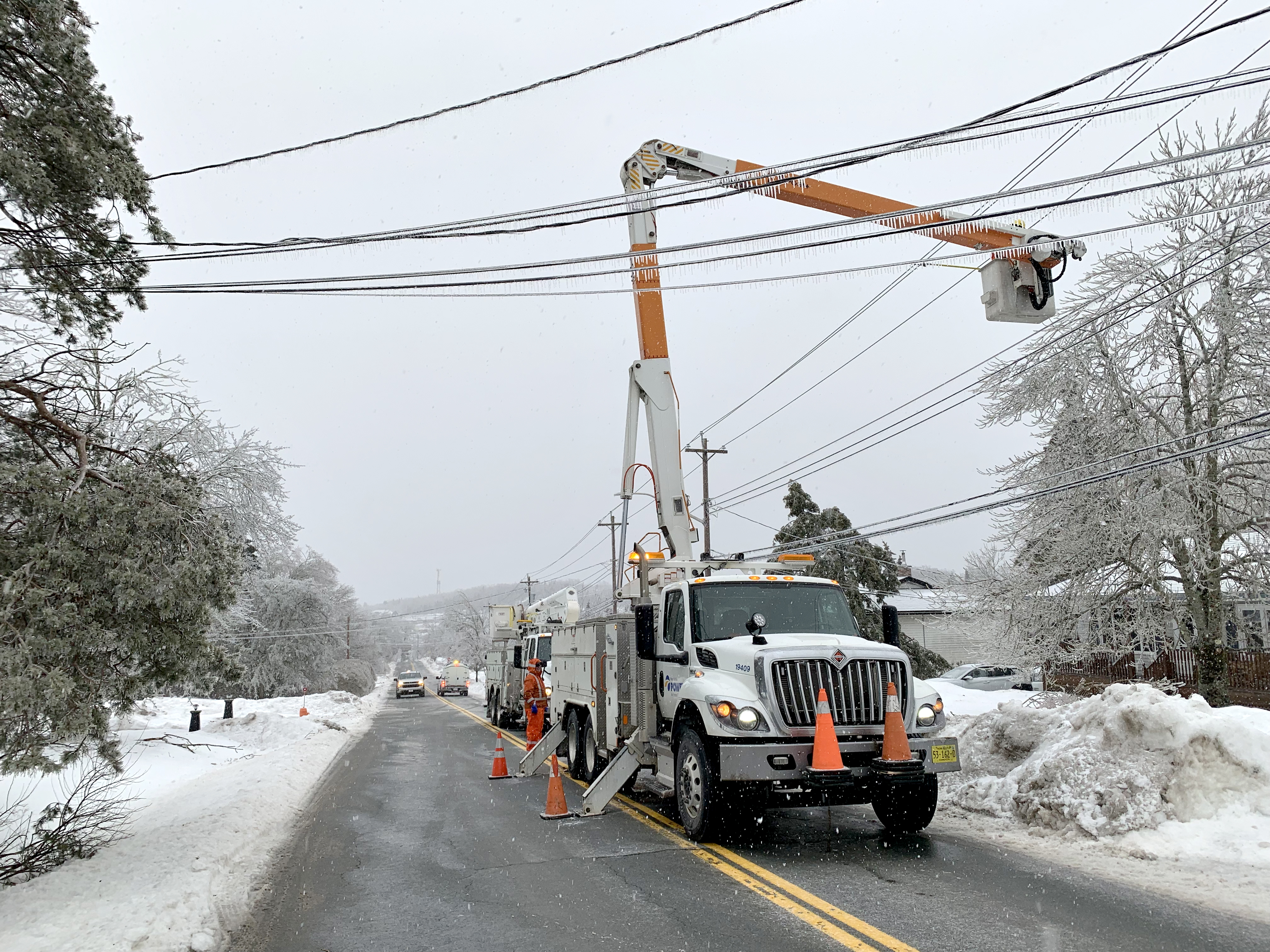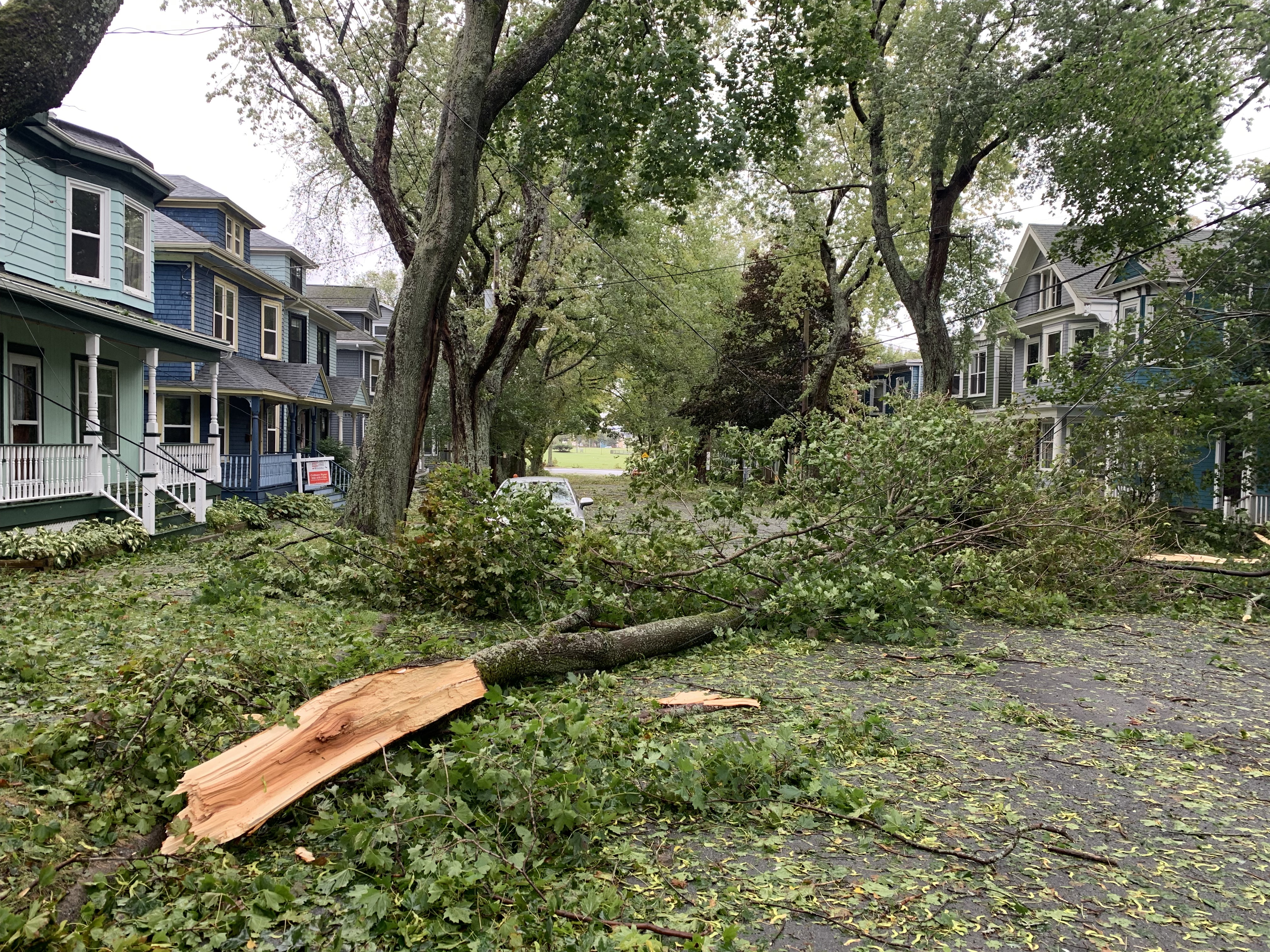You Asked, We Answer: Heat Pumps
Did you know heat pumps can help you save money and energy? They also keep you cool in the summer and are twice as efficient as traditional oil heating systems when it comes to warming your home. But don’t just take our word for it: Keith Gillis, Operations and Field Manager at ARL Mechanical, has more than 15 years experience with installing heating and cooling solutions.
We recommend working with a certified contractor when you’re working on home improvements. As one of our preferred contractors from our network, Keith knows all the ins and outs of heat pumps, from choosing the right model, to installation and maintenance.
Choosing your heat pump
How do I know if a heat pump is right for me?
A home assessment is a great place to start. Efficiency Nova Scotia’s home energy assessment program can help you learn how your
home uses energy and will make a recommendation on how you can make it more efficient. Contacting a qualified contractor is also important when you’re making home heating decisions. There are several factors to consider like home layout and
your current heating source. A contractor can help you decide if a heat pump is the right fit.
Do I need a back-up heat source with a heat pump?
Yes, a back-up heat source is required with a heat pump. Home insurance does not classify heat pumps as a primary source of heat, meaning you must have a second option, like electric baseboard.
Your back-up heat source is often only needed in colder temperatures. When you choose an ENERGY STAR® rated heat pump, some ductless units can still produce heat when the outdoor temperature is as low as -27° Celcius.
What’s the difference between heat pumps and electrical thermal storage?
Electric thermal storage (ETS) is radiant heat that comes from ceramic bricks within the system that are heated by coils. These bricks heat up all night and radiate throughout the day. A heat pump is a forced air system that uses tempered air
to heat and/or cool your home.
These systems can be used to complement each other. When you have ETS installed, you qualify for time-of-day (TOD) rates. These rates were established to encourage customers to shift their usage to off peak times, when electricity is cheapest
(overnight, holidays, and weekends), which means you can save even more when
using your heat pump.
Maintaining your heat pump
How can I run my ductless heat pump optimally with base board heating?
Set your heat pump at your ideal temperature (18–21° C, on average) and use it as your primary heat source. Most people use baseboard heat as a back-up when travelling or when temperatures get very low. The ideal setting
when using your baseboard heater as a back-up is about 15 degrees or a few degrees below.
Do heat pumps need to be covered?
Covering your heat pump isn’t required, but I recommend it—especially if you’re unable to easily access your heat pump in stormy weather conditions. You want to avoid snow or ice build-up on your heat pump, which could cause
it to malfunction. Keep in mind, the covering should allow air flow so the heat pump will continue to work properly.
Can heat pumps be hooked up to a generator if the power goes out?
Yes, but it is recommended to work with a qualified electrician, as it depends on the heat pump size and the type of generator.
A surge protector is also helpful. It can protect your heat pump during a power outage and ensure your warranty stays valid.
Managing costs
How much does it cost to run a ducted heat pump at 21 degrees vs. 19 degrees? Does each degree translate into a percentage of increase cost?
This is a tricky question because not all homes are created equal. For example, there are several factors that impact how your heat pump operates. This includes insulation, the location of your heat pump, the age and layout of your home, and the number
of windows. As a rule of thumb, the most efficient temperature for most heat pumps is 18–21 degrees Celsius.
For more information about heat pumps, visit nspower.ca/heatpumps.
To reach Keith at ARL Mechanical for a consultation, visit arlmechanical.ca.
Share This Post:





